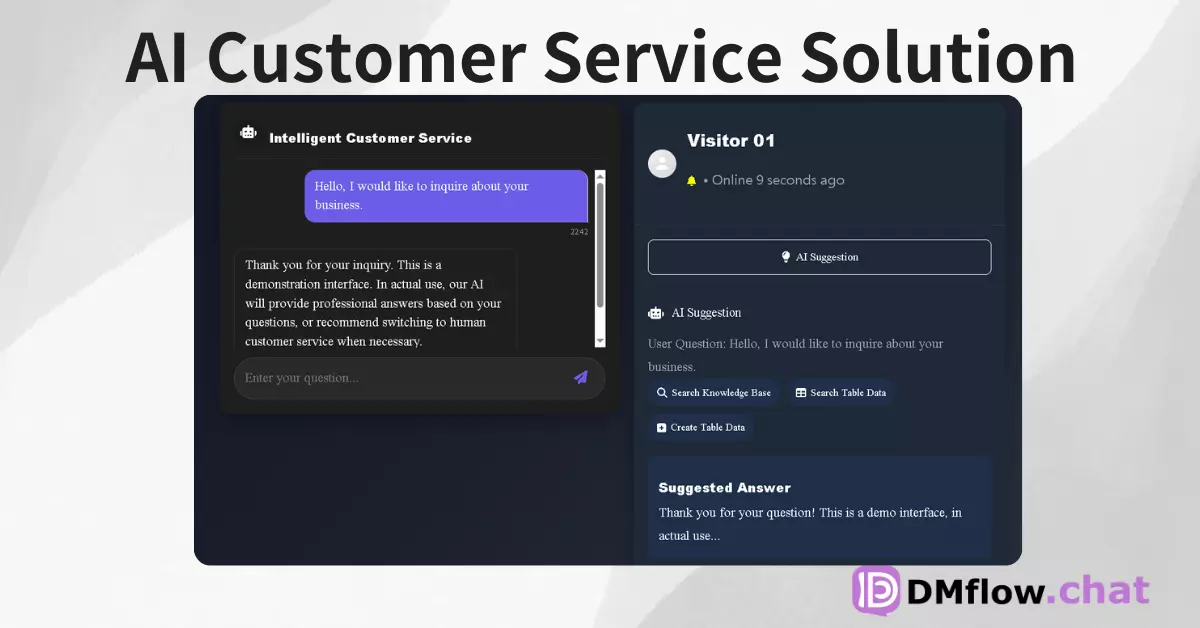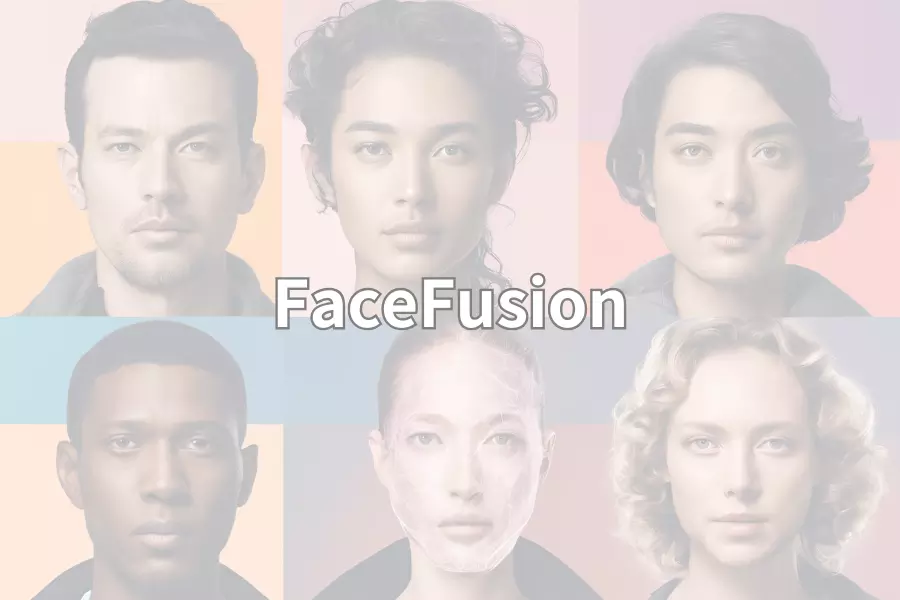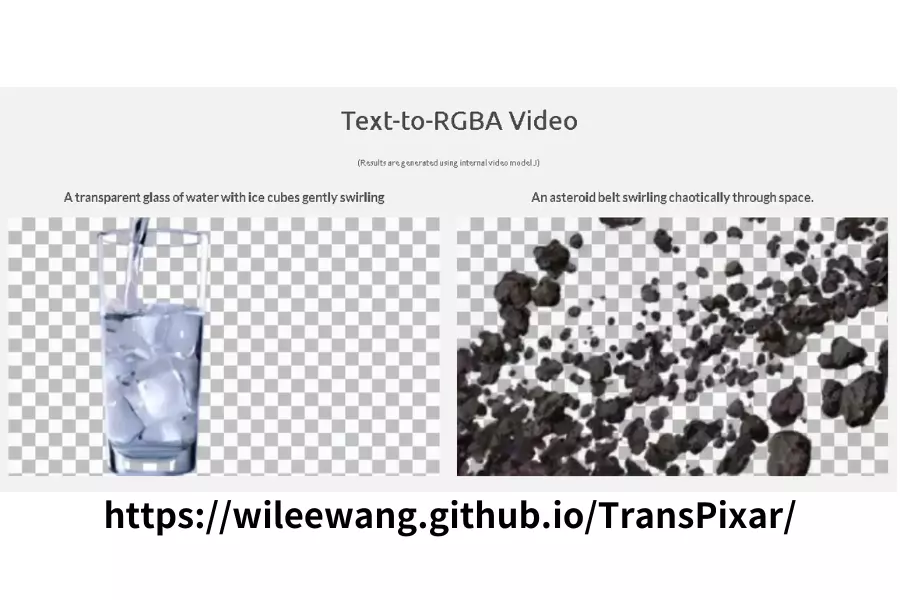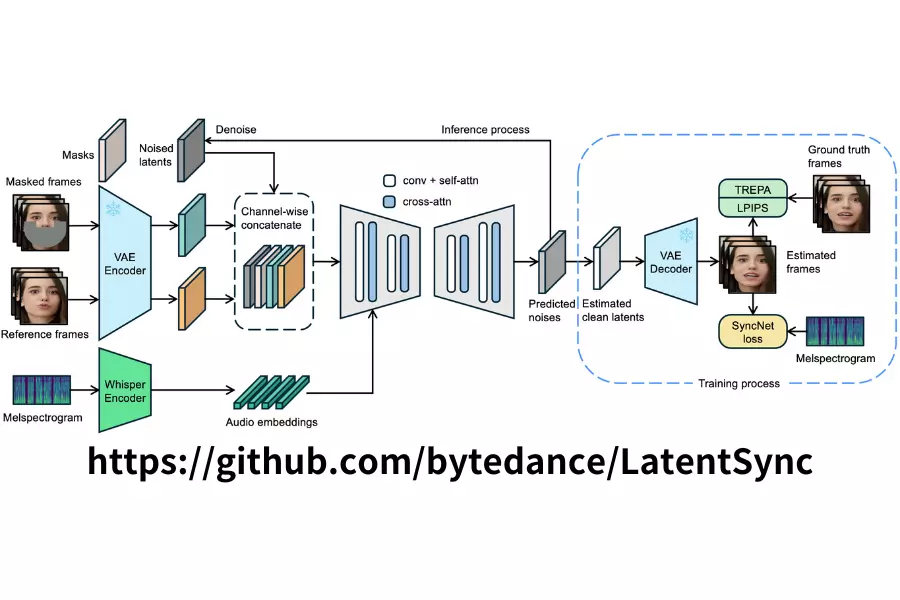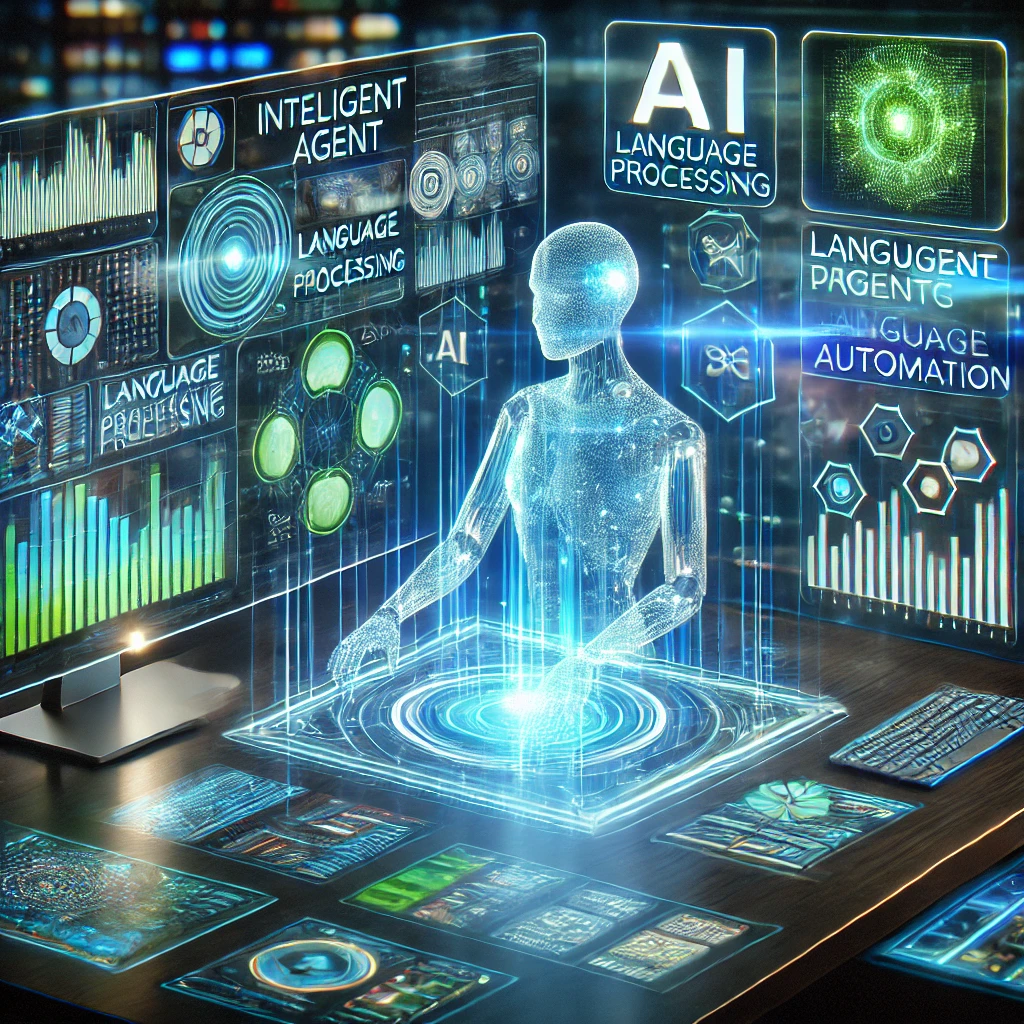Overview
Meta, the parent company of Facebook, has introduced Movie Gen, a powerful new AI tool capable of generating and editing videos based on simple text prompts. This technology could transform social media interactions and marks an intense competitive step among tech giants in the AI field. This article delves into Movie Gen’s features, its future applications, and its potential impact on the AI industry.
Meta’s latest AI innovation, Movie Gen, signals the company’s ambitious entry into AI-powered video generation. This cutting-edge tool can create up to 16-second videos from basic text prompts and even generate audio or make edits to existing videos. Additionally, it has the remarkable ability to create personalized videos from a single photograph of a real person.
Currently, Movie Gen is available only to select Meta employees and a few external partners, such as film producers. Meta plans to integrate this technology into its suite of apps, including Instagram, WhatsApp, and Messenger, starting next year.
Core Features of Movie Gen
- Generates up to 16-second videos based on text prompts
- Creates audio or edits for existing videos
- Creates custom videos from a single real-life photograph
Meta’s leadership is exploring ways to integrate Movie Gen seamlessly into its platforms, aiming to boost both video creation and user engagement. According to Connor Hayes, Meta’s VP of Generative AI Products, the goal is for Movie Gen to provide not only enjoyment for users but also support for creators, thus increasing engagement across Meta’s suite of apps.
However, the final form of Movie Gen is still in development. Meta is balancing the need to maintain user interest with ensuring the technology’s responsible and safe use.
Potential Applications of Movie Gen
- Social media content creation
- Digital marketing and advertising production
- Educational and training video development
- Entertainment and short film creation
Competitive Landscape in AI Video Generation
Meta isn’t the only tech giant venturing into AI video generation. Earlier this year, OpenAI, backed by Microsoft, launched a video generation tool named Sora, capable of creating videos up to a minute long. Similarly, Google’s DeepMind released Veo, a tool that can generate videos lasting over a minute.
These developments illustrate the intense competition among tech giants to enhance AI’s capabilities in handling complex media formats, well beyond traditional text generation.
Comparison of Major Competitors
| Company |
AI Video Tool |
Max Video Length |
| Meta |
Movie Gen |
16 seconds |
| OpenAI |
Sora |
1 minute |
| Google |
Veo |
Over 1 minute |
Addressing Challenges and Ethical Concerns
While Movie Gen is not yet open to the public, largely due to the time required to generate videos and other technical constraints, Meta is actively working on key safety issues. One major concern is preventing misuse of personalized videos, ensuring users cannot create inappropriate content involving others without consent.
To mitigate potential misuse, such as the spread of deepfake videos, Meta is exploring solutions like watermarking to clearly identify AI-generated videos.
- Developing watermarking technology to label AI-generated videos
- Establishing content review mechanisms
- Creating user guidelines and policies
AI has become central to Meta’s long-term strategy. CEO Mark Zuckerberg emphasizes that AI plays a crucial role in driving user engagement and revenue growth. Currently, AI is used to enhance content algorithms, displaying more relevant posts and ads to users. However, Zuckerberg envisions a broader role for AI in Meta’s future products, including smart glasses and other wearable devices.
- Enhance user experience and engagement
- Improve targeted advertising accuracy
- Develop the next generation of smart devices
- Innovate metaverse interactions
Impact on the AI Industry
Meta’s entry into AI video generation highlights the role of generative AI in shaping the future of content creation. As competition among Meta, OpenAI, and Google intensifies, advancements in AI video technology are likely to set new standards in creativity, efficiency, and security for digital media.
These tools have the potential to revolutionize industries reliant on video content, empowering creators and businesses alike. However, they also introduce new ethical challenges, particularly in privacy protection and deepfake prevention, issues that companies must address throughout technology development.
Potential Impacts of AI Video Generation Technology
- Democratization of content creation
- Increased efficiency in media production
- Creation of new job opportunities
- New challenges in digital identity and privacy protection
Frequently Asked Questions
-
Q: How long can Movie Gen currently generate videos?
A: Movie Gen can currently generate videos up to 16 seconds long.
-
Q: When does Meta plan to integrate Movie Gen into its apps?
A: Meta plans to integrate Movie Gen into Instagram, WhatsApp, Messenger, and other apps by 2025.
-
Q: How does Movie Gen differ from other AI video generation tools?
A: In addition to generating videos, Movie Gen can edit existing videos and create custom videos from a single photo, providing unique advantages for social media applications.
-
Q: How does Meta address ethical issues in AI video generation?
A: Meta is developing watermark technology to identify AI-generated videos and has set up content review mechanisms and user guidelines to prevent misuse and protect privacy.
-
Q: Which industries will AI video generation technology impact the most?
A: This technology will significantly impact social media, digital marketing, education and training, and the entertainment industry, while also creating new job opportunities and business models.
